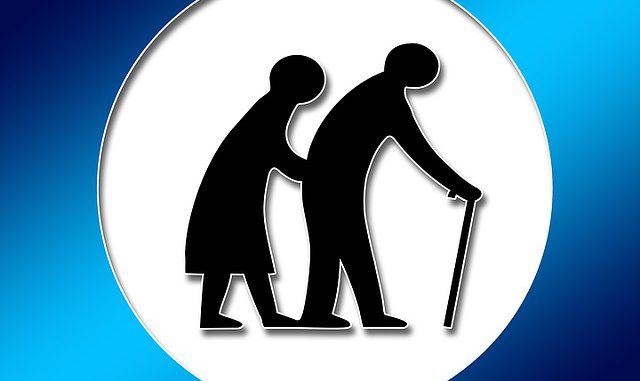
To use for Disability Support Insurance, you must be a qualified, Australia resident over the age of 18 with a physical and psychological condition which greatly limits their capacity to function normally in their daily lives. For at least 10 decades, there must have been no break in your home for over five of those years. The status can be a health condition, disease or syndrome. It does not matter what the ailment is.
A Short Explanation Of The Different Types
Eligibility criteria These details have to be checked to decide if you meet the eligibility criteria for the disability support services pension. You should be an Australian citizen, having attained age eighteen years on the date of program. If you’re a resident of the United Kingdom, you have to have attained the age of eighteen years on the date of application. In addition, you must have a sufficient income in the work, the handicap providing criterion being that you have to make a minimum rate of pay which exceeds the State Employment Payments speeds according to the Department of Employment Services.
Qualification criteria If you satisfy the above criteria, then you’ll probably qualify for the disability pension. The next step in the process is to determine the type of disability support you require. You have three options. The most common kind of disability support is sickness benefit, which pays a monthly income supplement to the disability pension, or carer’s benefit, which pays a lump sum amount to a man who is qualified to qualify for the disability retirement if they reach the age of majority. The disability support services pension was made to help support your requirements in keeping your standard of living and isn’t a welfare scheme.
A Short Explanation Of The Different Types
There are other kinds of disability pensions out there. Research the entitlements thoroughly so you know just which type of disability pension you qualify for. If you have come to be completely disabled and not able to do anything to yourself after being diagnosed with a medical condition, you may also qualify to get income support. Income service is compensated for the time you are unable to make an income and is paid into the Social Security Board instead of your creditors.
Allowances for long-term sickness or long-term disability are compensated with a matching system. Matching means your illness or disability must last a minimum of two years prior to any payment is made. If your condition has not been completely taken care of over two decades, no payment has been made. However, when you’ve fulfilled the basic requirements and your condition has been fully cared for, your entitlement to the allowance may be increased to 5% of your average weekly wage for one year.
A Short Explanation Of The Different Types
Allowances for children of parents who are receiving a disability retirement are usually included within their allowance whenever they turn fifteen decades old. This is due to the exceptional school advantage that’s added onto the basic disability pension for children. Special school benefits can be quite valuable to single-parent families as most children attend special school rather than routine school and do not enjoy any other sort of schooling.
A Short Explanation Of The Different Types
There are many different forms of Australian disability pensions out there in terms of age, income, type of handicap and place. The most usual of these would be the Parental Leave Benefit. A parent that has a disability retirement will be given a fixed rate of income support equivalent to half of the parental Allowance. This works out to about AED 50 percent per annum.

Ifo not forget that you are not qualified until your child turns five years old or till you’ve attained a specific age. Once this occurs, you will need to contact the Department of Family Services so they can make a decision regarding your eligibility to receive the Parental Allowance. As always, it’s crucial to ensure that you disclose every detail about your disability when searching for any Australian disability benefits. Disclosing all appropriate information, even the fact that you’re getting a complete disability retirement, may result in a denied application.
